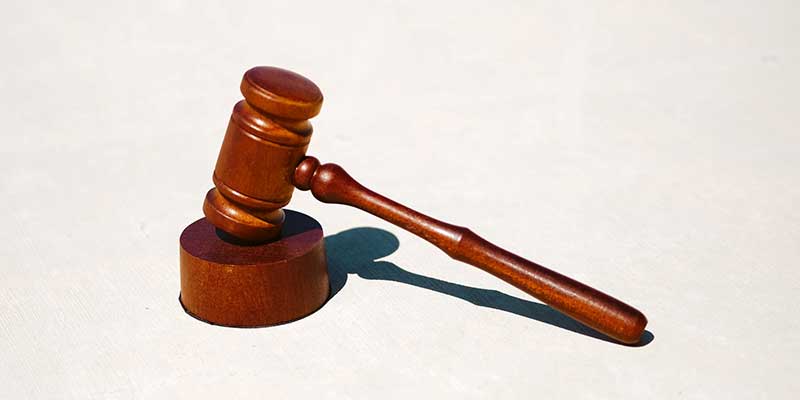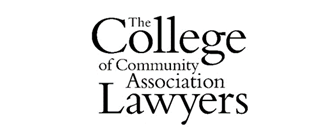Why Choose Brian D. Moreno Law Corporation APC?
Brian D. Moreno Law Corporation APC is a full-service community association and real estate law firm serving all areas of California. We have a depth of experience in litigation, community association law, and real estate law.
Our Practice Areas
Community Association Law
We are a full-service HOA law firm that represents community associations in virtually all aspects.
Click HERE to learn more
Real Estate Law
We advise and represent brokers, mortgage brokers, common interest developments, and property owners in various aspects of real estate law.
Click HERE to learn more
Judgement Enforcement
We can help with enforcing judgments owed an association including Money Judgements, Injunctive Relief, and Receivership.
Click HERE to learn more
Landlord-Tenant / Eviction
We are highly qualified to handle landlord-tenant issues.
Click HERE to learn more
LATEST BLOG POSTS

HOA Recall Elections – Must They Be Held Within 90 Days?
With the new round of changes to the Davis-Stirling Common Interest Development Act, we have received several questions regarding the impact to community association elections, including recall elections. The Legislature has clarified that community associations...

Judgment Enforcement: What can an association do to collect an old small claims judgment?
In a down economy and/or real estate market, a community association may be forced to pursue delinquent assessments by way of a small claims judgment, especially if the senior lender has foreclosed and extinguished the association’s assessment lien. While initially, an association’s chances of recovery are low if the owner’s property

Encroachment Disputes: New considerations based on recent laws
An encroachment is where an owner intentionally or unintentionally places an object (e.g., a fence) or structure on the property of another person.
Is Self-Help the Answer?
When evaluating an encroachment, the first consideration may be to simply remove the encroaching structure.
FREQUENTLY ASKED QUESTIONS
What are the five (5) rules that are mandatory for community associations?
Do a majority of the Board members need to be present at the annual meeting?
Annual meetings are typically held as membership meetings, which means that only a quorum of the members is required for the meeting to proceed. A board member will typically chair and control the meeting and it is usually beneficial for the current directors to attend the meeting, but quorum of a membership meeting is tied to the number of members (not board members) being present.
If a Judge orders an owner to comply with a provision of the CC&Rs as an injunction and the owner fails to comply, can the owner be incarcerated?
Yes. A violation of a court order is considered contempt of court and is subject to incarceration.
If an owner fails to pay a small claims money judgment, can the judgment creditor HOA foreclose on a property owned by the owner?
Yes. The association would have the option of pursuing foreclosure as against any property that is owned by the owner in California. An abstract of judgment can be recorded in the County in which the property is located, which creates a judgment lien that is subject to foreclosure.
If an association does not have election rules consistent with applicable law, may the association hold an election?
No. If the association proceeds with an election but does not have a current set of election rules, the election conducted will be subject to challenge. An owner could argue that the outcome of the election may be different had proper election rules been enacted, especially because the election rules establish director qualifications and various other rights that could have an impact on an owner's decision to run or not run for the board.
Do association need to be involved with neighbor disputes?
Yes. At the very least, associations should investigate the particular allegations and determine whether the allegations rise to the level of a violation, and if so, whether enforcement should be pursued. Ultimately the association may decide that no violation has been committed, but it is critical for associations to show that an investigation has been performed.
Can an association recover attorney fees against an owner that violates the governing documents without filing a lawsuit?
Yes. Assuming the association's governing documents allows for a special (reimbursement) assessment, the association may recover attorney fees, costs, expenses, and damages that the association incurs as a result of the violation. Consult your association's legal counsel for further guidance to ensure your governing documents support this action.
Can a community association request a tenant to send rent payments to the association to pay for the landlord-owner's delinquency?
For more information about our community association law services and how we can help your community:
Contact us Here.



